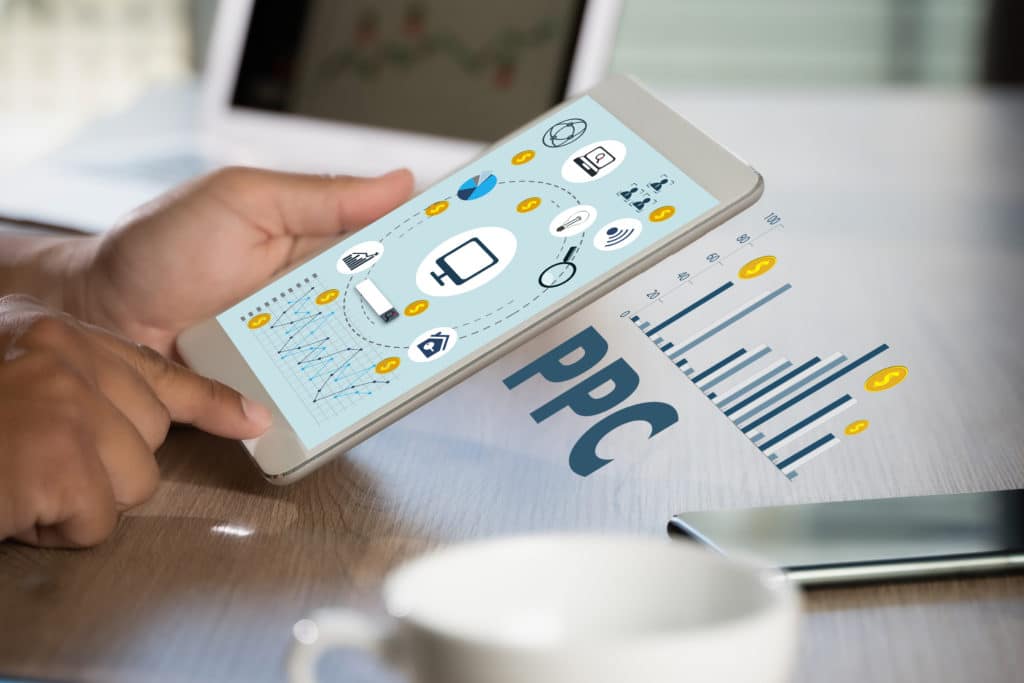E-commerce businesses and digital marketers have no choice but to operate in an ever-changing industry. Companies with an online presence have already witnessed how drastically the online landscape has changed, especially concerning PPC. While these changes are part of the progress, some PPC strategies have been overrated without giving the user any real value.
As paid search platforms get increasingly complex, it pays to ensure that the PPC strategies one uses are effective in helping drive more traffic to a business’ site. Keeping that in mind, we will look at some of the most overrated PPC tips we have seen so far.

Position 1, or Bust
While it would seem like position 1 is the place to be, many who have been operating in the industry for a while now know that’s not always the case. That being said, the temptation is always there to get that coveted position. For that, many marketers opt to pay for the top spot. However, the time has shown us that this is not always a financially viable solution.
That’s because the top position comes at a price and can be expensive. While the click-through rate (CTR) and the cost per click (CPC) will be the highest, which translates to more traffic, it also means a higher price. This might not make it a viable choice for startups and SMEs.
‘It should be noted here that the conversion rate does not improve at the same level as the CTR and CPC increase by simply moving up to the top position. You could justify the expenditure if the conversion rate experiences the same upward trend. However, that’s not always possible.
Ignoring Brand Keywords
This strategy is used because many business owners think that by not placing bids on the relevant brand terms, searches made for their brand will be picked as organic searches. This is not always the case. For instance, in fiercely contested verticals, you could find up to four paid listings before you get to a single organic listing.
What this means for a business owner operating in such a niche is that if you aren’t bidding for brand terms, a site’s organic listing will be at a lower position (position 4 or 5). Going this route will make your competitors cannibalize any available brand traffic. To ensure that does not happen, measure the uplift in the organic traffic when a brand-paid search is off to find out if it resulted in lost paid clicks.

Casting a Wider Net
Often, when trying to drive more traffic for the products offered on their website, many businesses make the mistake of targeting too many search terms. This is often practiced despite having a low budget, which can be a severe mistake. However, it’s easy to see why businesses would make this mistake. In theory, if they use many search terms, they are casting a wider net, which will result in attracting more customers.
As a business owner or marketer, the task is to focus on quality rather than quantity. For this purpose, businesses use all the relevant search terms they can find to drive traffic to their site. Sadly, it is not that simple. What does happen after a business casts a net that’s too wide by using many search terms is that you might attract a lot of traffic but not necessarily qualified or converting traffic. In other words, while your website might get more traffic, it won’t experience more conversions.
Your best bet will be to use only those keywords that are the most relevant to your brand and tweak your PPC campaign periodically. Remember, if your business is in its infancy, you need to start small (with a core audience) before you move on to casting wider nets.
Focusing on Single Keyword Ad Groups
On the other side of the spectrum are those focusing on single-keyword ad groups. This approach is not viable across the whole account since you must consider ad copy variations and returns for each term. As a rule, those essential keywords to a campaign should be identified and isolated in their ad groups.


